- 24 Posts
- 14 Comments

 4·15 days ago
4·15 days agoThis is normal capitalism 101, a principle we demanded China to follow to get access to our market.
This is an overly simplified narrative, and it is not ‘normal capitalism’.
Chinese carmakers benefit from unfair state subsidies to say the least, and there has been strong evidence for forced labour conditions in Chinese companies. Brazil sued China carmaker BYD over ‘slave-like’ conditions just to name a more recent example. The Brazilian prosecutors say two of BYD contractors in Brazil (where BYD opened a factory) were responsible for human trafficking and conditions “analogous to slavery” at a factory construction site in the country.
China is also heavily opposing any transparency, including the supply chain law introduced (and watered down in the meantime) by the EU. The conclusion here is that China is not a trusted partner, at least not under the current government.
Did coerced labour build your car?
Thousands of cars ship out of factories every day. But at the other end of the production line, workers are shipped in – thousands of Uyghurs, Kazakhs, and Kyrgyz every year – from Xinjiang, the western region at the centre of a long-running human rights crisis.
Moved as part of a labour transfer scheme that experts call forced labour, these ethnic minorities are coercively recruited by the Chinese state to travel thousands of miles and fill the manufacturing jobs that recent Chinese graduates have spurned. An investigation by the Bureau of Investigative Journalism has found more than 100 brands whose products have been made, in part or whole, by workers moved under this system.

 11·16 days ago
11·16 days agohmm. and data transfer to america is fine?
Who says that?

 4·24 days ago
4·24 days agoBrazil sues China carmaker BYD over ‘slave-like’ conditions
Brazilian prosecutors are suing Chinese electric vehicle (EV) giant BYD and two of its contractors, saying they were responsible for human trafficking and conditions “analogous to slavery” at a factory construction site in the country.
Did coerced labour build your car?
Thousands of cars ship out of factories every day. But at the other end of the production line, workers are shipped in – thousands of Uyghurs, Kazakhs, and Kyrgyz every year – from Xinjiang, the western region at the centre of a long-running human rights crisis.
Moved as part of a labour transfer scheme that experts call forced labour, these ethnic minorities are coercively recruited by the Chinese state to travel thousands of miles and fill the manufacturing jobs that recent Chinese graduates have spurned. An investigation by the Bureau of Investigative Journalism has found more than 100 brands whose products have been made, in part or whole, by workers moved under this system.

 2·26 days ago
2·26 days agoUnfortunately there is only a German version of the study, I don’t know whether you speak German or you may manage to get a automated translation.
Study: Junges Europe 2025 / Young Europe 2025 - (PDF)
In the study (85 pages) you see each question and the response.
Last year the study was also available in English (Young Europe 2024 - pdf)
I hope this helps somehow.

 63·26 days ago
63·26 days agoThis is a very weird framing of this study. The original study (which is linked in the article) is in German. Those who don’t speak German will find a useful translation provider, I provide the study’s summary literal translation:
>Young people: EU and democracy are good, but reforms are needed
- 57% prefer democracy to any other form of government - 39% think that the EU does not function particularly democratically
- Young Europeans want change - 53% criticize the EU for being too preoccupied with trivialities instead of focusing on the essentials
- Cost of living, defense against external threats and better conditions for businesses should be priorities for the EU
- Only 42% think that the EU is one of the three most powerful global political players
Among others, the study also says (again, a direct translation, I am not paraphrasing):
48% of young Europeans believe that democracy in their country is under threat, compared to 61% in Germany. Two thirds rate their country’s membership of the EU as positive. At the same time, 53% of young people criticize the fact that the EU is too often concerned with minor issues. Half of 16 to 26-year-olds think the EU is a good idea, but very poorly implemented.
I don’t say that everything is perfect, but the whole study paints a completely different picture than this article - and especially its headline - appears to suggest.
[Edit my comments for clarity, translation has not been edited.]

 1·1 month ago
1·1 month agoThe Daily express is a tabloid with a more than troubled history, including mutliptle accusations of xenophobia and hate speech. That’s not a credible source.

 31·2 months ago
31·2 months agoThis is not about “China vs USA”. The US (or the EU, or any other continent, bloc, and country) has nothing to do with this issue, may it “suck” or not.
There is a good video documentary. It is from 2021, but still very accurate and worth watching.
How Tim Cook Surrendered Apple to the Chinese Government – (Invidious link)
Apple is making billions of dollars integrating into countries with authoritarian regimes. Even if it means helping to cement the power of the ruling elite or enabling egregious abuse of human rights. And there doesn’t seem to be anything Apple wouldn’t do for the sake of growth and expansion. Apple cites compliance with local laws as the reason for giving human rights abuse a go. But the actions of the most valuable company in the world go far beyond compliance with the law.
(Here is the original YT link to the video.)
[Edit typo and for clarity.]

 64·2 months ago
64·2 months agoDownvote for the next whataboutism.

 1·6 months ago
1·6 months agoThere is no slavery-like labour as is in China which is a major reason why cars are that cheap.

 13·6 months ago
13·6 months agoI don’t understand this language. If you read the quotation out of context, you are right, but the article clearly refers to Tibet and the environmental impact there - and only there. The whole case is about Tibet. I honestly don’t understand why you make that such a big deal.

 3·6 months ago
3·6 months agoTim Karr, a senior director at Free Press, a U.S.-based organization that advocates for more just and democratic media, wrote in August 2023:
Working With China to Censor Critics
As Musk began rolling out sales of Tesla in China in 2021, he and company colleagues became unnerved by a number of consumers who had taken to Chinese social media to complain about issues with the company’s malfunctioning electric cars. Rather than fix the problems, Tesla called on the Chinese government to use its censorship powers to block its critics online.
By the end of the year, the company filed defamation claims against at least two Chinese citizens who raised concerns about the safety and quality of its vehicles …
Addition:
Here’s a look at free speech absolutist Elon Musk’s ties to Chinese censorship – (2022)
Consumers began to stage increasingly visible anti-Tesla protests [over reported vehicle malfunctions, such as brake failures, unexpected acceleration, and battery fires], leading Tesla to undertake an effort to better control public perception of the brand. The plan it devised reportedly involved the company “complain[ing] to the government over what it sees as unwarranted attacks on social media,” according to insiders who spoke to Businessweek at the time, then “ask[ing] Beijing to use its censorship powers to block some of the posts.”

 21·6 months ago
21·6 months agoI agree that the title may be a bit misleading as it could be understood as to comparing the two technologies, although this isn’t what the authors want to say. But, yes, it could easily be misunderstood. (Just don’t want to edit the original version now unless the community and/or mods wish me to do so.)

 32·6 months ago
32·6 months agoOne report from 2023 already discusses the issue. A brief summary of the report can be read in the article China’s Greed for Lithium is Killing the Tibetan Plateau:
The report further stressed that this large-scale exploitation of Tibet has been initiated and supported by Xi Jinping himself under his “Made in China 2025” campaign. During his visit to Qinghai Province in 2021, Xi called for the escalation of lithium extraction on a large scale. Apart from lithium, Tibet is home to the world’s largest deposits of critical minerals used in various technologies in critical industries like pharmaceuticals and electronics …
However, the continuous mining in the area has had a devastating impact on the ecology of the Tibetan Plateau, raising the pollution level. It not only polluted rivers and streams but, in several cases, even diverted their flow. This has severely affected the flora and fauna of the region. The government in Beijing seems least concerned about the negative effect of continuous mining across the Tibetan Plateau. Its whole focus is on making money …
Rivers have been affected the most, and they are far from recovery. The Tibetan Plateau is the origin of mighty rivers like Mekong and Yarlung Tsangpo (known as Brahmaputra in the Indian sub-continent). These rivers have been the living force for millions of people in Southeast Asia and South Asia …
Another problem is the contamination of soil. During lithium extraction, several chemicals come into contact with soil. Rivers and floods further aid this contaminated soil to reach agricultural fields, affecting the growth of crops. Apart from poisoning the nearby surface water, it also has severe effects on the groundwater …
China has made false promises at platforms like the Conference of Parties (CoP) summits and other environmental protection summits. Little has been achieved in maintaining ecological biospheres around Tibet.
On the contrary, Tibet has become a dumping ground for Beijing. Glaciers are melting, tens and hundreds of small rivers and streams have dried up, the air is polluted, and floods have become normal occurrences. Many critically endangered species are on the verge of extinction. The “roof of the world” is going through the biggest turbulence while Beijing is busy extracting “white gold.”
The report goes on with a lot more of devastating pollutions. And this is just one among many, see, for example, here. You’ll find more on the web.

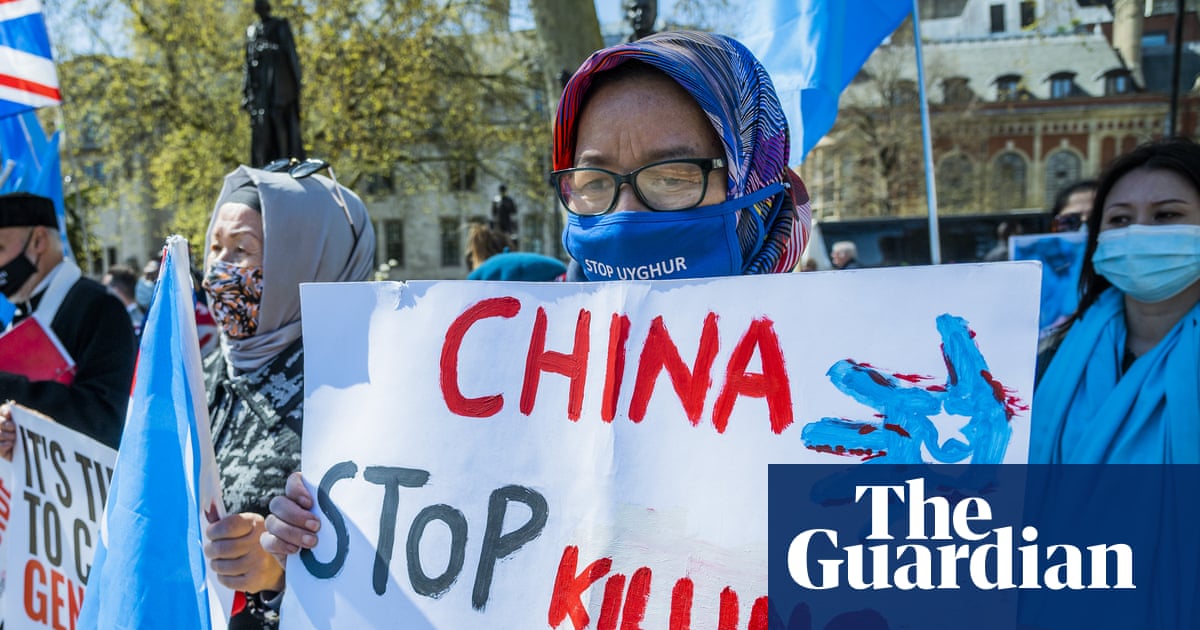
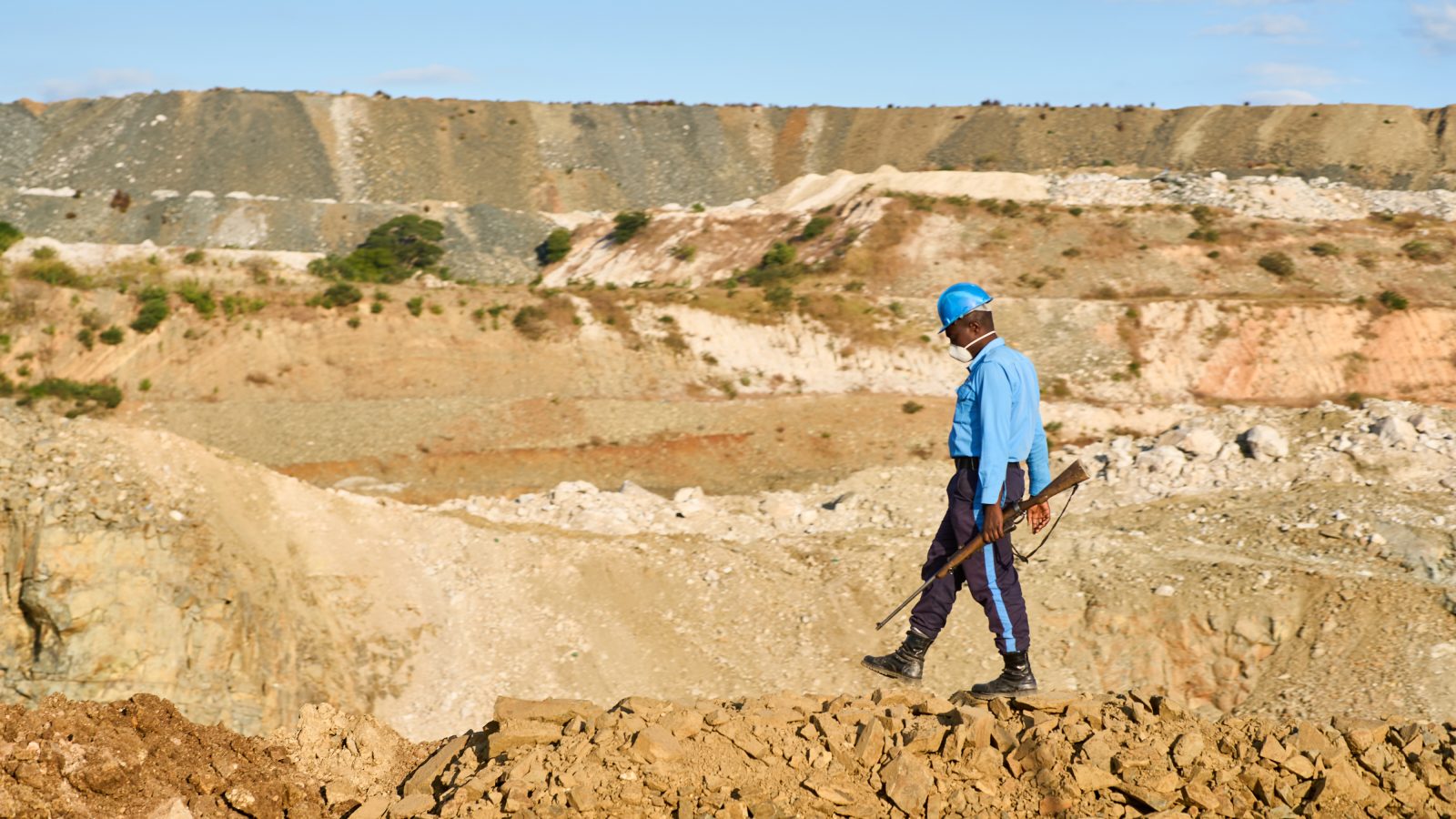
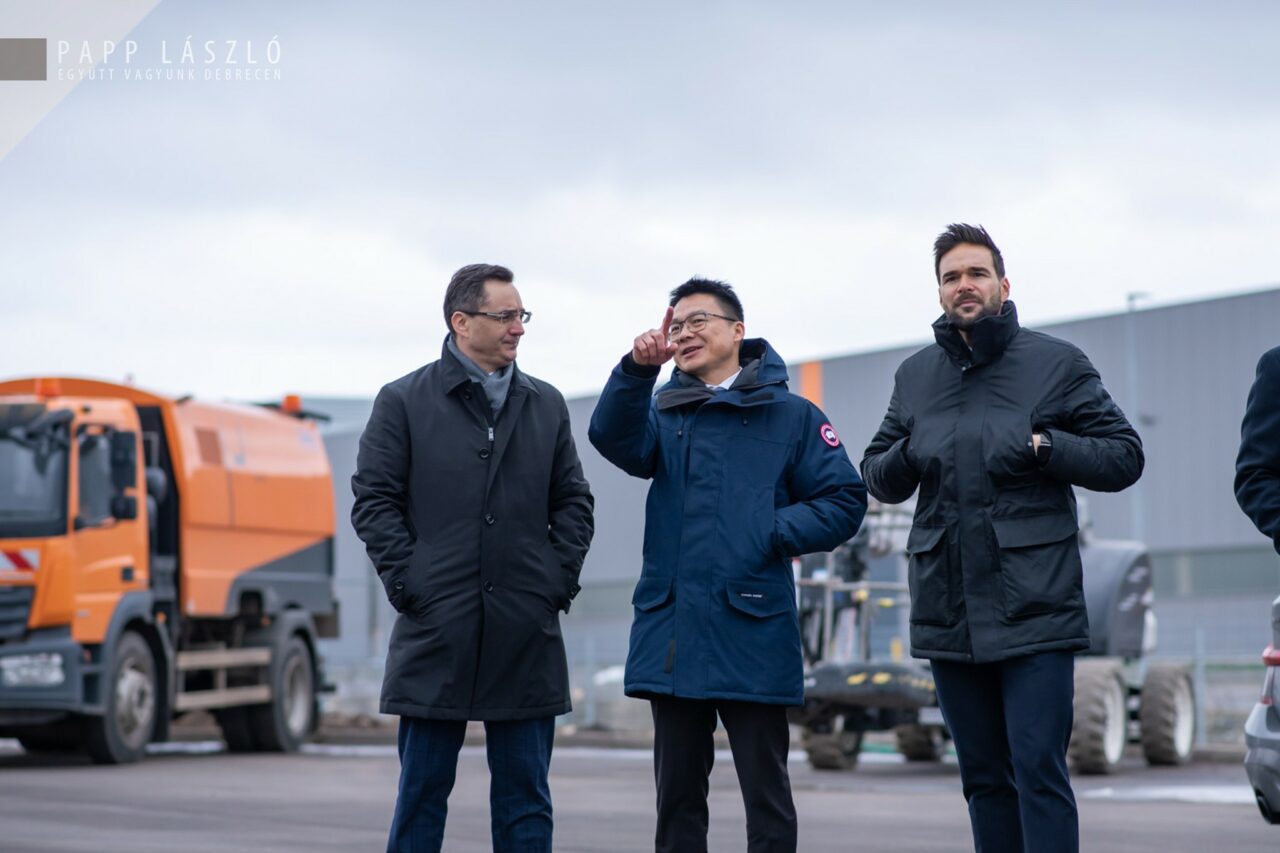
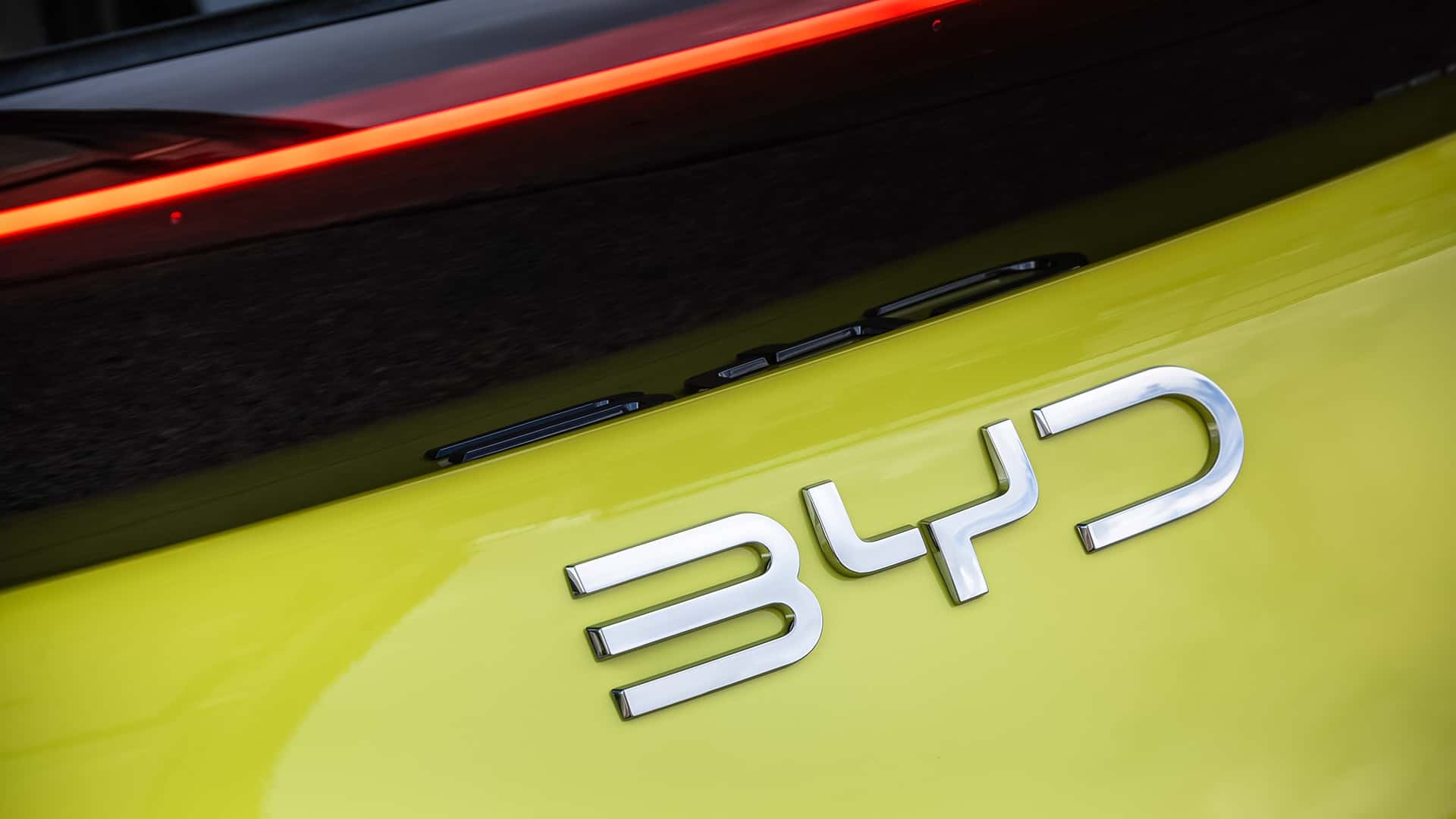
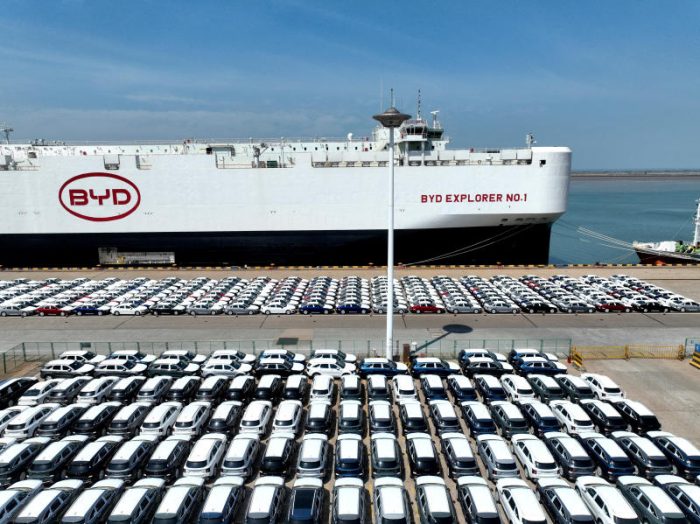

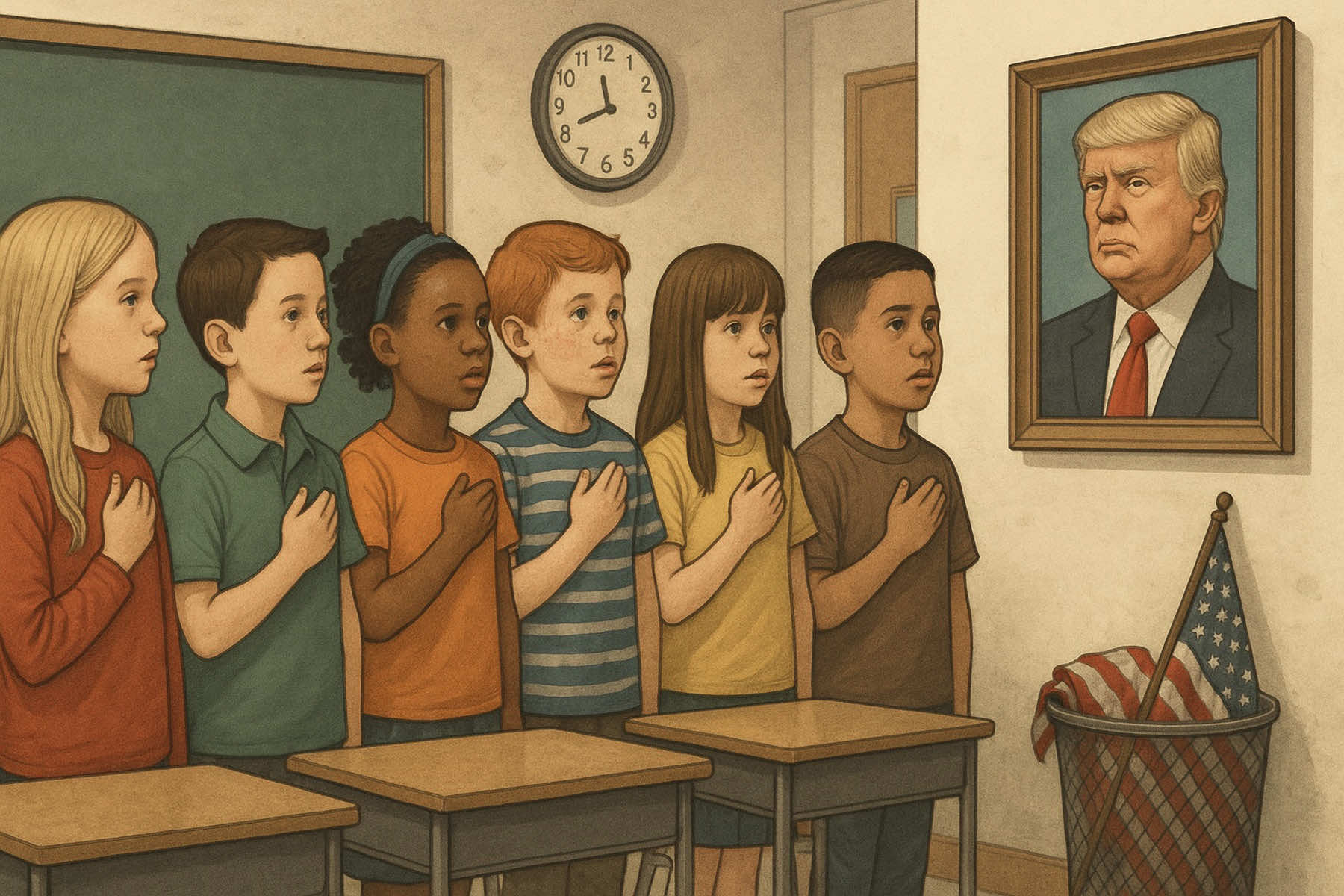
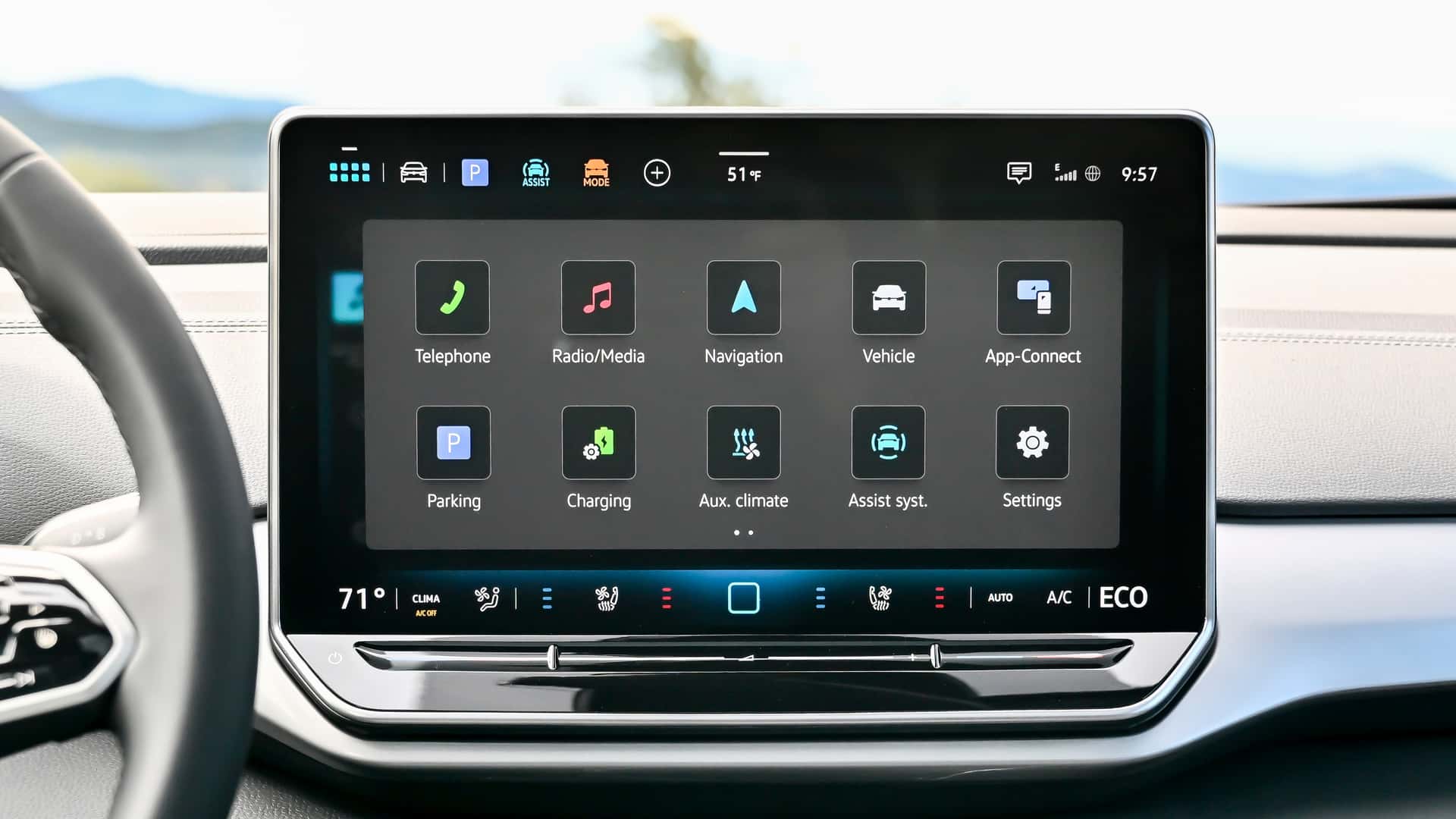
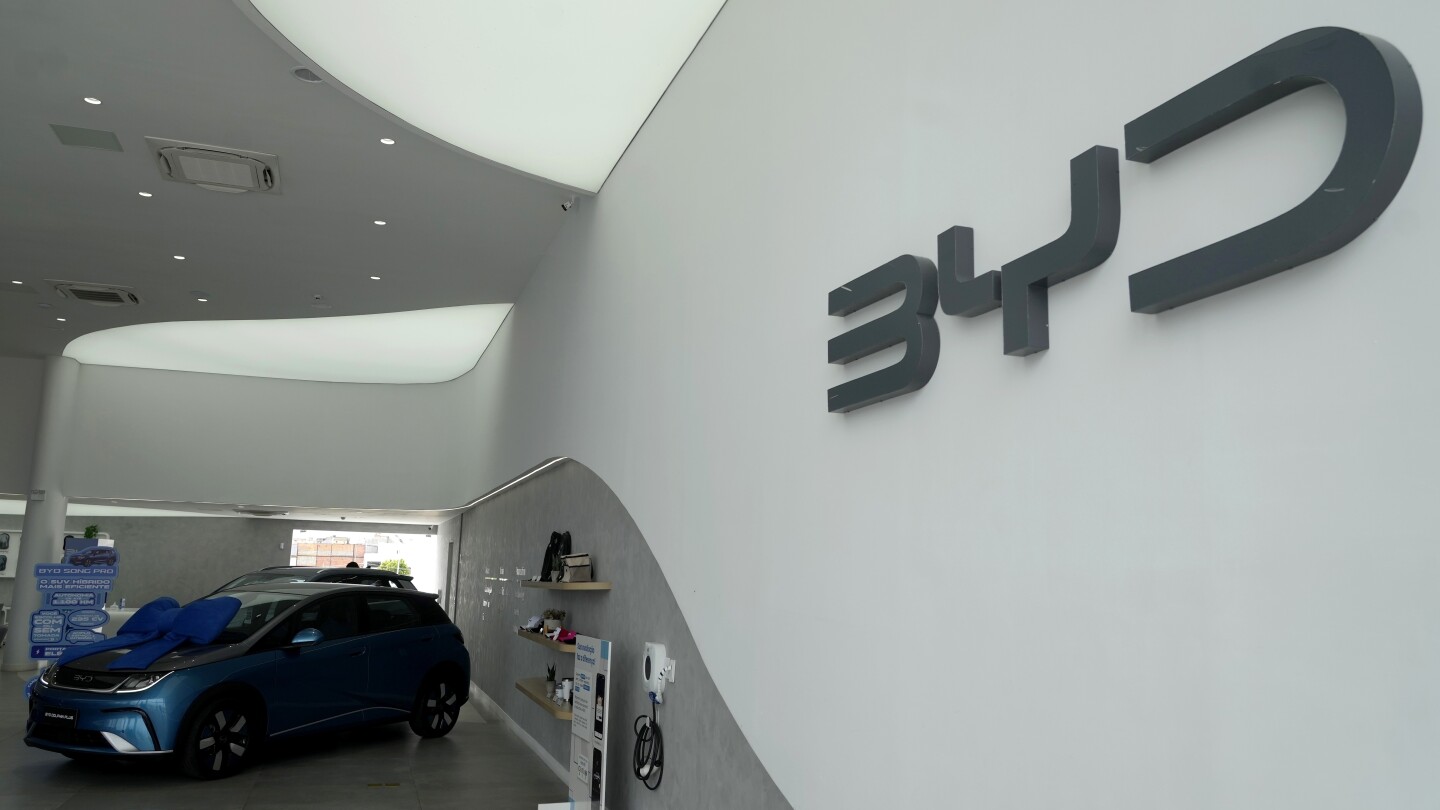
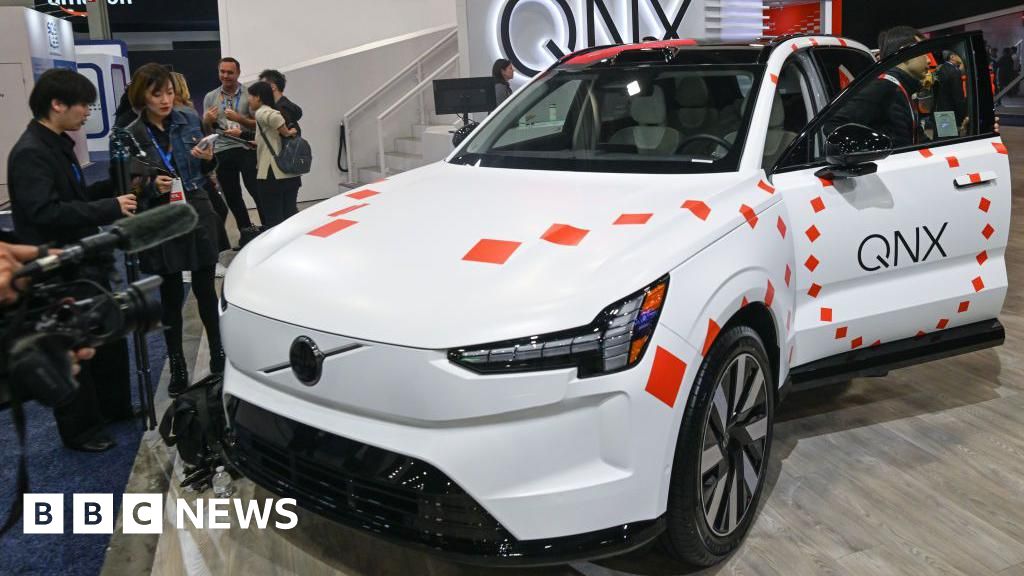
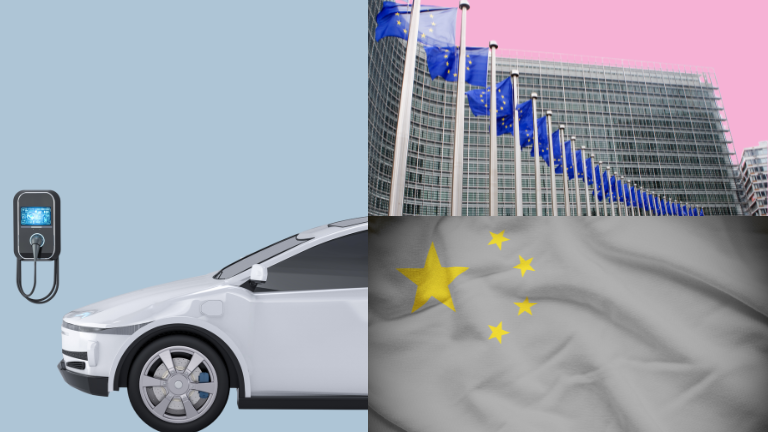
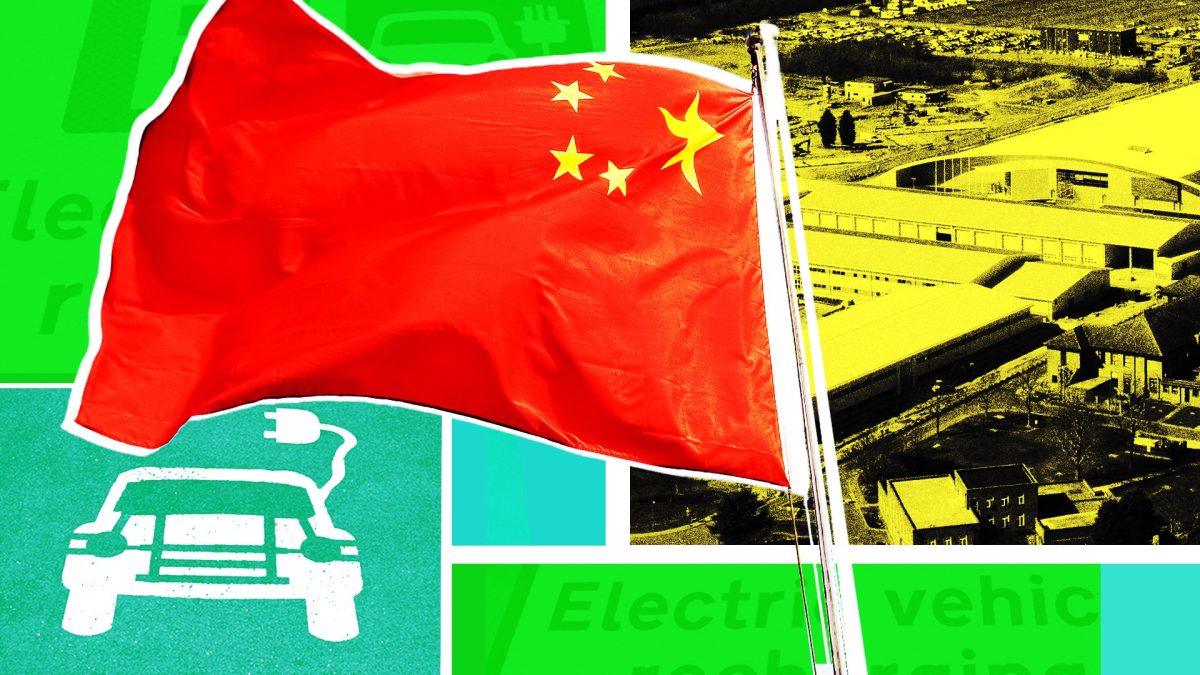


Yeah, hats off to him. But it has been intentionally crafted and directed by the Chinese party-state.